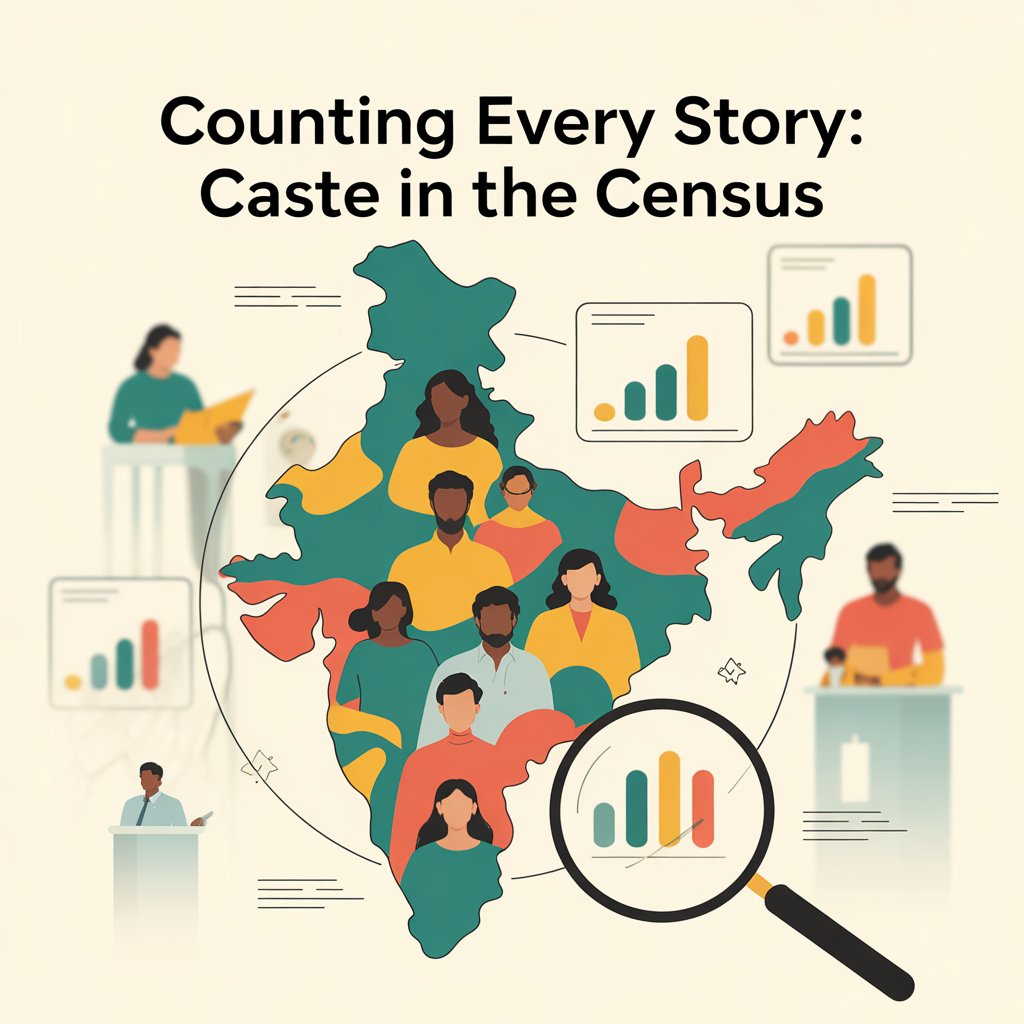Caste Data To Be Part Of Next Population Census: Centre’s Big Announcement
The Indian government has made a landmark decision to include caste data in the upcoming population census. This announcement has sparked widespread debate and discussion across the country, with implications for social justice, policymaking, and the understanding of India’s complex social fabric.
For decades, the question of including caste in the census has been a contentious one. The last time caste data was collected was in 1931, during British rule. Since Independence, only Scheduled Castes (SCs) and Scheduled Tribes (STs) have been enumerated based on caste. This upcoming census marks a significant shift in approach, promising a more nuanced picture of contemporary Indian society.
Why is Caste Census Data Important?
The inclusion of caste data in the census has been a long-standing demand of several social justice advocates and political parties. They argue that accurate caste data is crucial for several reasons:
- Evidence-Based Policymaking: Accurate data is essential for formulating effective policies targeted at addressing caste-based inequalities and discrimination. Without a clear understanding of the current demographics, policies risk being ineffective or even counterproductive.
- Monitoring Progress: A caste census will provide a baseline to track the progress of various social upliftment programs and measure the effectiveness of affirmative action initiatives like reservations.
- Social Justice: By shedding light on the contemporary realities of caste, the data can help address historical injustices and promote social equity.
- Resource Allocation: Caste data can inform the allocation of resources and development initiatives to communities that need them most.
Arguments Against a Caste Census
While the inclusion of caste data has its proponents, there are also voices of dissent who raise concerns about the potential drawbacks:
- Reinforcing Caste Identities: Critics argue that a caste census could further solidify caste identities and potentially exacerbate existing social divisions. They fear it may lead to a resurgence of caste-based politics and violence.
- Logistical Challenges: Collecting accurate caste data for a population as vast and diverse as India presents significant logistical challenges. There are concerns about the accuracy of self-reported data and the potential for manipulation.
- Privacy Concerns: Some individuals may be hesitant to disclose their caste identity due to fear of discrimination or social stigma, which could affect the accuracy and completeness of the data.
The Road Ahead: Implementation and Implications
The government now faces the crucial task of implementing the caste census effectively. Key considerations include:
- Developing a Robust Methodology: A clear and comprehensive methodology needs to be established to ensure accurate and reliable data collection.
- Ensuring Confidentiality: Stringent measures must be put in place to protect the privacy of individuals and prevent misuse of the collected data.
- Building Public Trust: The government needs to engage with various stakeholders and address their concerns to build public trust and ensure the success of the census.
Potential Impacts of the Caste Census Data
The caste census data, once collected and analyzed, is expected to have a far-reaching impact on various aspects of Indian society:
- Reshaping Reservation Policies: The data could lead to a review and potential revision of existing reservation policies.
- Targeting Social Welfare Programs: It can help in better targeting of social welfare programs and initiatives to address the specific needs of different caste groups.
- Influencing Political Discourse: The data is likely to shape political discourse and electoral strategies, particularly concerning social justice and representation.
Conclusion: A Balancing Act
The decision to include caste data in the census is a significant development with potentially profound consequences. The government must carefully navigate the complex challenges associated with data collection and analysis, ensuring accuracy, confidentiality, and public trust. The success of this endeavor will depend on striking a delicate balance between the potential benefits of evidence-based policymaking and the need to avoid reinforcing social divisions. The ultimate goal should be to utilize this data to promote social justice, equality, and inclusive development for all citizens of India. This caste census data will be a valuable tool in understanding and addressing the complex social dynamics of the country.


